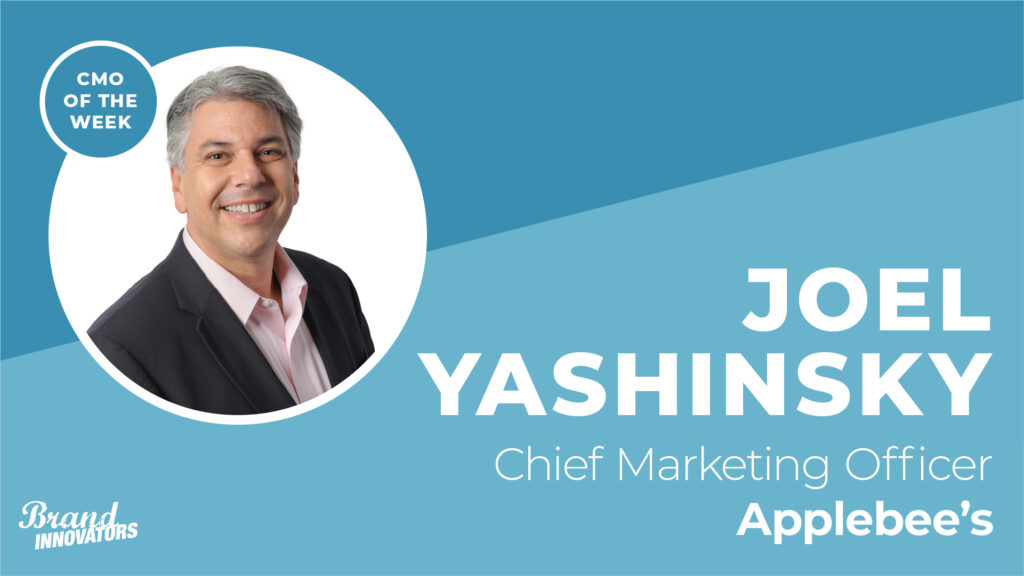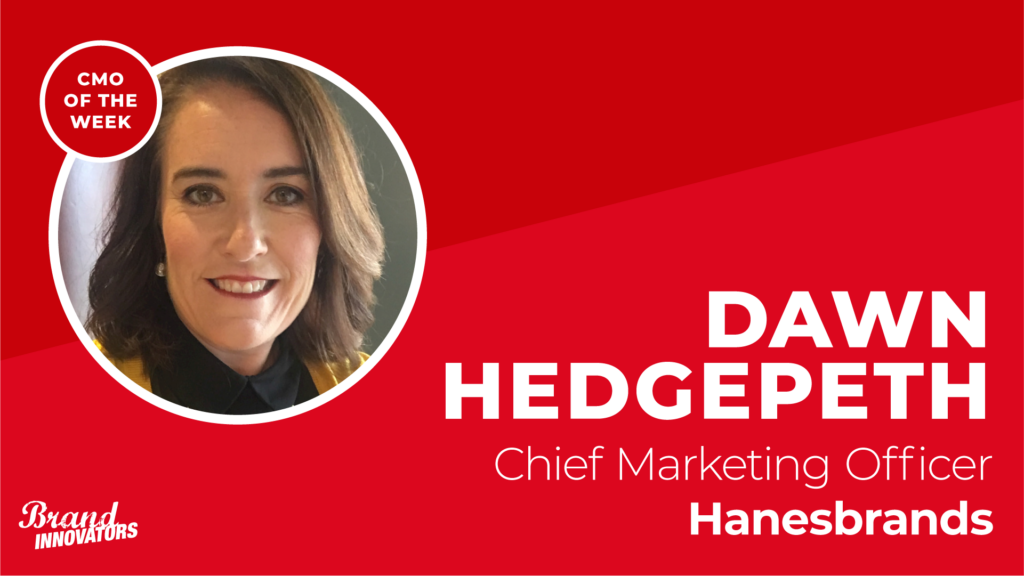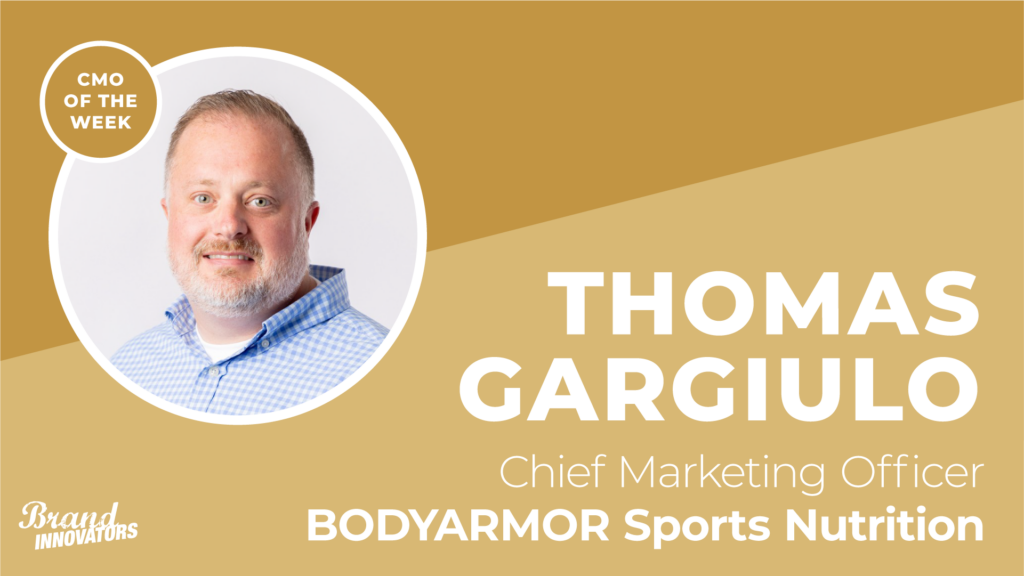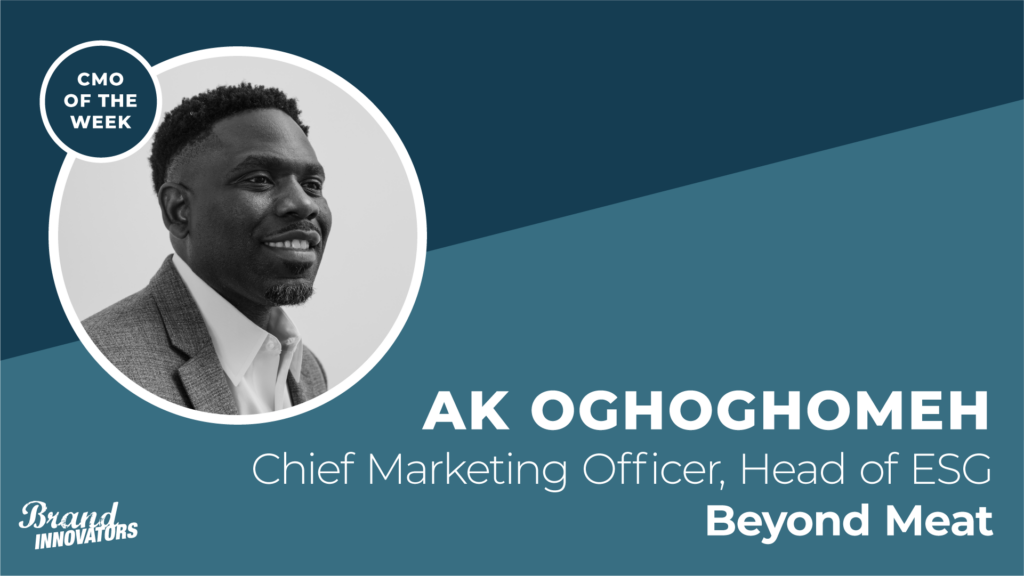The COVID-19 pandemic presented many initial challenges for Allyson Witherspoon, U.S. chief marketing officer for Nissan Motor Corporation — chief among them, the nationwide closures of its dealerships during the first weeks of lockdown.
As businesses began to reopen again in the late spring of 2020, some Nissan dealers could only open as online retail in states with restrictive in-person protocols. For Witherspoon and her U.S. marketing team, this challenge turned into an opportunity to embrace ecommerce at a scale Nissan hadn’t before.
“We knew that with people at home and all the digital shopping and retailing and research that had been done, the ecommerce trend was coming to automotive,” she says. “Our dealers were already starting to adapt to these new ways of retailing, so we said ‘Let’s be first to market and bring an end-to-end ecommerce solution for consumers in automotive.’”
In a matter of weeks, Nissan introduced the Nissan@Home program, which enabled consumers to shop, buy, test-drive and even service vehicles at their home. More than 20 months since its launch, Nissan@Home currently has 23,000 accounts created for 34,000 vehicles saved in customers’ virtual garages — either in the shopping process or being held for consideration — which in turn has helped Nissan increase its typical close rate for sales from 20% to 30% when customers use the platform. More than 500 dealers are currently activated on Nissan@Home, including 250 who enrolled in the first month.
“We really became very nimble and able to access the landscape and environment very quickly,” Witherspoon says. “It was a little bit liberating to not have six months to develop something, to only be given a matter of days — and in some cases, an hour, to make decisions. And I I think that is something that we’ve carried forward. We take the time when we have it, and make sure that we’re not overreacting or being too reactionary. We’ve already started moving more quickly than we used to.”
Picking up the pace of innovation at Nissan has also overlapped with increased demand for its products worldwide. In the company’s earnings for the first half of its 2021 fiscal year, Nissan reported an 854% increase in global net revenue, as well as a 30.5% increase in net sales in North America.
Brand Innovators caught up with Witherspoon from her office at Nissan’s Nashville headquarters to learn more about the product trends driving Nissan’s global growth, advancing the company’s commitments to sustainability and DEI, and rethinking her media mix — including her initial thoughts on a potential 2022 Super Bowl buy. The conversation has been edited for length and clarity.
Brand Innovators: Nissan announced a whopping 853% year-over-year net revenue increase for its fiscal first half in 2021. What market trends or product launches helped drive that growth and the rebound from the early days of lockdown?
Allyson Witherspoon: I think the biggest thing is it’s really about the product. And we have one of the freshest lineups across our key competitors. We really are able to bring products to market quickly. We launched 10 new models in 20 months in the middle of a pandemic. I think it was in the segments where consumers were looking for it, and we had the shopping experience with Nissan at home with much more customers.
And I think that product story has been complemented by what we’re trying to do at a business level, which is to really talk about the value of being a Nissan owner, that includes us as a company but also our products. We want to get away from “What is the lowest price on the car?” That’s what a lot of auto manufacturers can do sometimes, and we deliberately moved away from that direction.
And it’s been interesting, with COVID and supply shortages this year that we’ve had to look very differently at what performance looks like. And it’s not just the volume or number, it’s the quality of sales and what that looks like on a per-unit basis.
But for us, what we’ve really done is used this time to focus on the brand, and we’re in the process of running a full year-long brand campaign. We just started the third chapter of that earlier this month. We’ve had some great new launches with the all-new Pathfinder and Frontier. We’re focused on driving that value through a brand story as opposed to some of the traditional retail automotive advertising.
Speaking of the global supply chain, how are those anticipated delays impacting your product rollout, and how might that be reflected in your marketing mix?
It’s hard to get out the crystal ball on this. It changes quite frequently. We are adjusting as new information comes in, we obviously worked very closely in manufacturing with supply chain with suppliers. And then I think it’s making sure that once we’re able to get those parts into production, what does that ramp-up look like?
And on the marketing side, making sure we’re aligned on that as well. This is a moving target, I wish I could give you a finite answer of when it’s gonna get better. But we feel like we’re starting to come out of the worst of it.
What role do electric vehicles and sustainability play in driving future growth and messaging?
For Nissan, EV is nothing new — we have been in the EV game since the 1940s. We started with the Toma, which was the very first electric vehicle in the world. And then 11 years ago we launched the first mass market electric vehicle, the Nissan Leaf. We have experience when it comes to EV, we are getting ready to announce even more news on the Nissan Aria which is going to be an all-electric crossover in 2022. We are going to be expanding our lineup when it comes to all of our EV offerings.
Overall, our vision is for a future with zero emission and zero fatalities, so what are the innovative technologies to help us meet those objectives? Earlier this year we announced a target to have over 40% of our U.S. vehicles sales be electric by 2030, and I think that puts a stake in the ground and we feel that we have the legacy in order to not only be able to innovate and manufacture electric vehicles but also how to surface them. We also have a dealer network of 1,000-plus that knows how to service those vehicles seamlessly.
How has your media mix evolved over the past year and a half – what channels are you investing in more heavily than you did a year ago, and why?
The media mix was one of the first things we looked into. What you really saw was this massive shift – consumption obviously increased because everyone was at home. So we started shifting out of linear TV and into streaming platforms and social. We knew that was where consumer behaviors were going, and accelerated during the pandemic, so we shifted our media mix accordingly. Even when you look at, we go into the uproots as we have the last couple of years, even going into that I think now that we have online video as part of that, and have those bundled packages we are shifting a lot into online video and it’s on those streaming platforms.
Digitally, we’ve had some very successful campaigns we’ve been running with Amazon, especially around some of our launch vehicles. That’s been a great way to get integration with consumers who are ready to shop for all types of products. We have some things coming up later this month as part of our Nissan@Home campaign about further integration with Amazon that will speak to how we’re helping consumers research and purchase online.
Given the relative strength of the business right now, where are you in your consideration process for advertising during next year’s Super Bowl?
We always look at opportunities for the right media. For us, it’s still under evaluation as we’re looking at the impact of the supply shortage. Right now, we’re committed to our college football sponsorship and getting through that season.
What are some efforts you’ve helped introduce in Nissan’s marketing to help accelerate diversity, equity & inclusion?
This started last summer with the murder of George Floyd and a lot of discussion about how do we behave as brands when it comes to these types of societal issues and societal change? And overall, the conversation started to go into how can we invest in these communities? Nissan has a very strong multicultural audience and consumer base, so we started to make a lot of intentional efforts to ensure that our investments moved in that direction as well.
We reached out to any minority owned media partner that is out there, and we’re in the process of going through and understanding what their capabilities are and potential alignment with some of the initiatives that Nissan has taken on. So we’re doing that on the media side, we’re also doing that on the production side. It’s about making sure we’re investing in these communities to help us tell the Nissan story and do that in a credible way with these audiences.
Companies like General Motors have been very public about their own project benchmarks for investing in Black-owned media outlets, including boosted its spend from 2% to 8% by 2025. Do you have any thresholds like that in mind for Nissan as you build out your own strategy there?
We have them internally, but my take on this is I want to do it and then talk about it. For us, we took a look at where we were and it wasn’t where we needed to be. Now it’s about: what is more aligned with where our customer base is, and what’s realistic based on our scale? And how can partners support us?
For us, we haven’t given an external announcement, but there are things we’re working toward internally. I want us to overachieve it before we announce it.
Nissan has a long history of sports and entertainment activations. How have you helped evolve that strategy in your past two years as CMO?
Some of the other areas in the last year around sports and entertainment, also our diversity and inclusion spend on sports and entertainment. At the very beginning of the pandemic we were corporate partners of the NCAA, that tournament was canceled, that was a pivot that happened overnight and it was what it was obviously we immediately adjusted given that it was canceled. Looking at last year of college football, with our Nissan Heisman House, it was changing so rapidly and all the time last summer about what the college football season was going to look like. We wanted to make sure we were able to talk about it, and able to give a nod that it was going to be a different type of college season at the same time the fatigue of the pandemic was starting to set in so show could we allow people to enjoy college football in a different way in 2020?
We usually have a tour that goes to specific games throughout the season which we weren’t able to do because of restrictions on the campuses. The NCAA tournament took place in 2021 with a limit on fans, we still had a presence and made sure we had social media influencers that were able to let everyone know what it was like to be on the ground. That’s what’s interesting about experiential, that we have been seeing even before the pandemic, is that even if they can’t go people still want to understand what the experience is like. What’s the vibe? So we wanted to make sure we do that.
And moving into this year’s college football season, fans were back in the stands and we were able to provide the Heisman House tour. We wanted to make sure we celebrate the fans because they have been with their teams for so long. We’re also the only brand that allows fans to vote into the Heisman winner, which has been really interesting. We’re getting a lot of schools that haven’t been represented before, so it’s been an interesting season all around and we still have several weeks to go.
The last two years have seen so much unprecedented change in consumer behaviors. What’s your prediction for the year ahead as we start to plan for 2022?
I think having a closer connection to consumers, and our ability to react to what their needs are. There’s a lot more listening that we’re able to do and understand what consumers are needing instead of it being driven in the ivory tower. It’s a total cliche, but consumers are in the driver’s seat. We have to be able to adapt to that as manufacturers.
Andrew Hampp is an entertainment marketing consultant for Brand Innovators and the founder of consultancy 1803 LLC, based in Berkeley, California.




